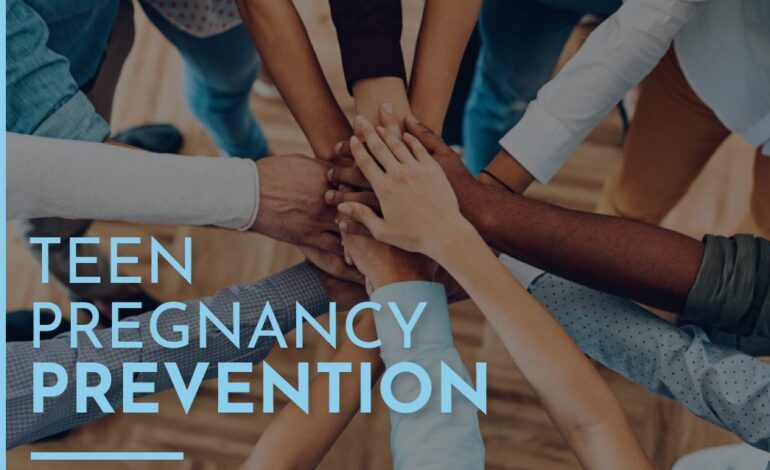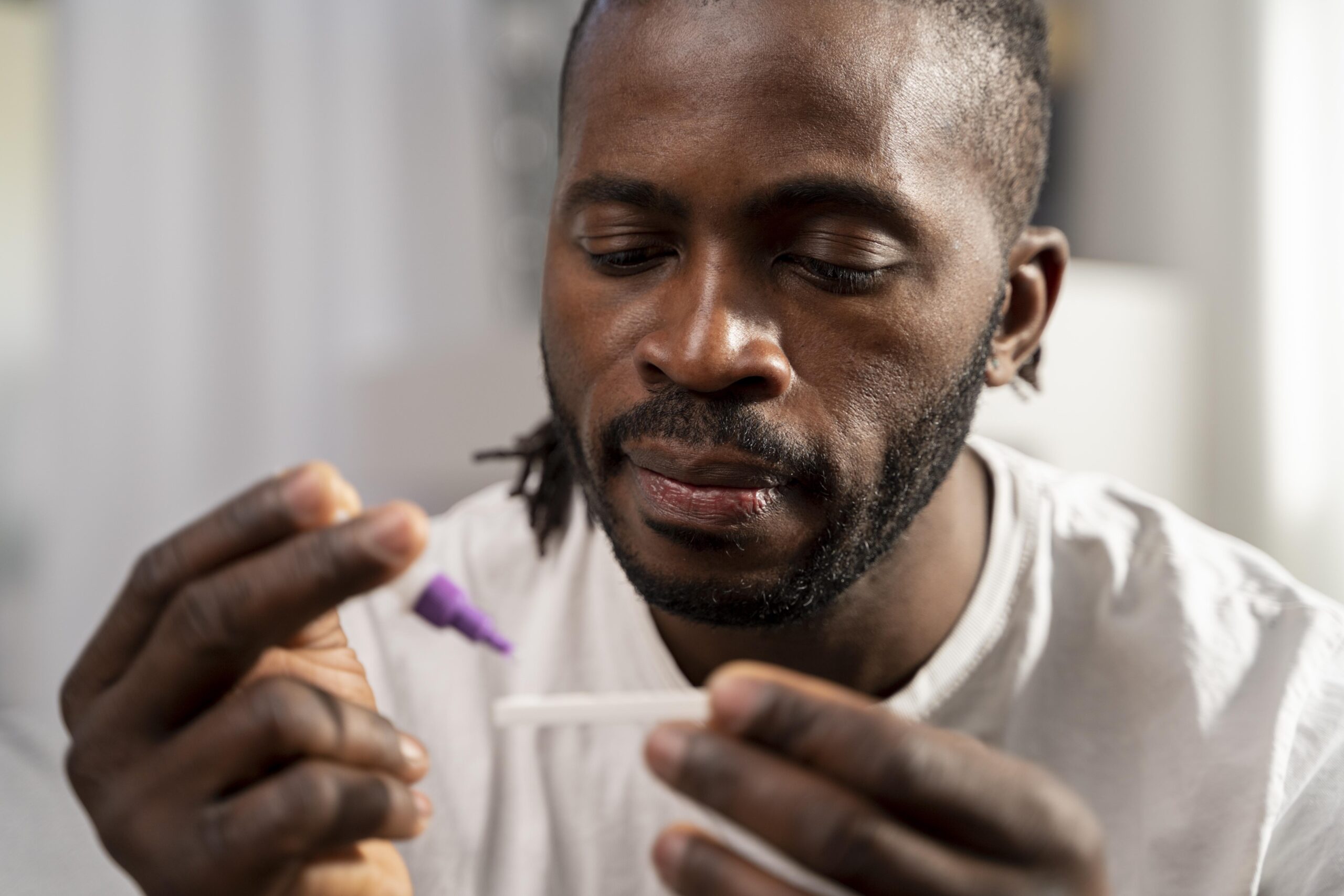Addressing the Rise of Teenage Pregnancies in Nairobi: A Collective Call to Action

Nairobi is grappling with a pressing issue that has far-reaching implications for the future of its youth: the rise in teenage pregnancies. This challenge not only poses significant health risks but also hinders educational and economic opportunities for affected teenagers, perpetuating cycles of poverty and inequality. Drawing on recent statistics and initiatives, this article examines the magnitude of the issue and outlines strategies for how society can come together to combat this growing concern.
Recent data from the Kenya Demographic and Health Survey (KDHS) indicates a worrying trend: teenage pregnancies in Nairobi and across the country are on the rise. Reports show that approximately 18% of Kenyan teenagers aged 15-19 have either given birth or are pregnant with their first child, a figure that underscores the urgency of addressing this issue. Nairobi, with its unique socio-economic dynamics, reflects both urban and peri-urban trends in teenage pregnancy rates, spotlighting the need for targeted interventions.
The causes of teenage pregnancies in Nairobi are multifaceted, including lack of access to sexual and reproductive health education and services, poverty, cultural norms, peer pressure, and the influence of social media and the internet in shaping teenagers’ perceptions and behaviours regarding sexuality.
Strategies for Combating Teenage Pregnancies
Combating the rise of teenage pregnancies requires a holistic and multi-sectoral approach. Here are key strategies that society can adopt:
– Comprehensive Sexual Education (CSE): Implementing age-appropriate, culturally sensitive CSE in schools is crucial. This education should empower young people to make informed decisions about their sexual health.
– Youth-Friendly Health Services: Enhancing access to sexual and reproductive health services that are confidential and non-judgmental can significantly reduce teenage pregnancies.
– Community Engagement and Support: Engaging community leaders, parents, and guardians in dialogue and education campaigns can help challenge norms contributing to teenage pregnancies.
– Empowerment Programs: Initiatives focusing on empowering young girls through education, vocational training, and life skills development can provide alternatives to early pregnancy.
– Legal and Policy Frameworks: Strengthening frameworks to protect girls from sexual exploitation, early marriage, and gender-based violence is critical.
– Public Awareness Campaigns: Educating society about the impacts of teenage pregnancies and the importance of supporting teenage girls can foster a supportive environment.
The Role of Men in Addressing Teenage Pregnancies
A notable initiative in the fight against teenage pregnancies is the Men’s Forum on Teenage Pregnancy Prevention held in Kibera, Nairobi. Organised by the Forum for African Women Educationalists (FAWE) under the Imarisha Msichana Programme, in collaboration with the Mastercard Foundation, this forum highlighted the crucial role men play in combating teenage pregnancies. Participants, led by Elly Kegode of the Kenya Riders and Owners Boda Boda Association, discussed strategies for male engagement in prevention efforts, emphasizing abstinence, safe sex practices, and reshaping societal norms. The forum illustrated the imperative of collaborative action between government agencies, NGOs, and community leaders for sustained progress.
The rise of teenage pregnancies in Nairobi is a complex issue that requires concerted efforts from all segments of society. By adopting a multifaceted approach that includes education, healthcare access, community support, legal protections, and the active participation of men, Nairobi can turn the tide on teenage pregnancies. This is not just a matter of public health but a crucial step towards ensuring that all young people have the opportunity to lead healthy, productive lives, contributing to the socio-economic development of the city and the country at large.




